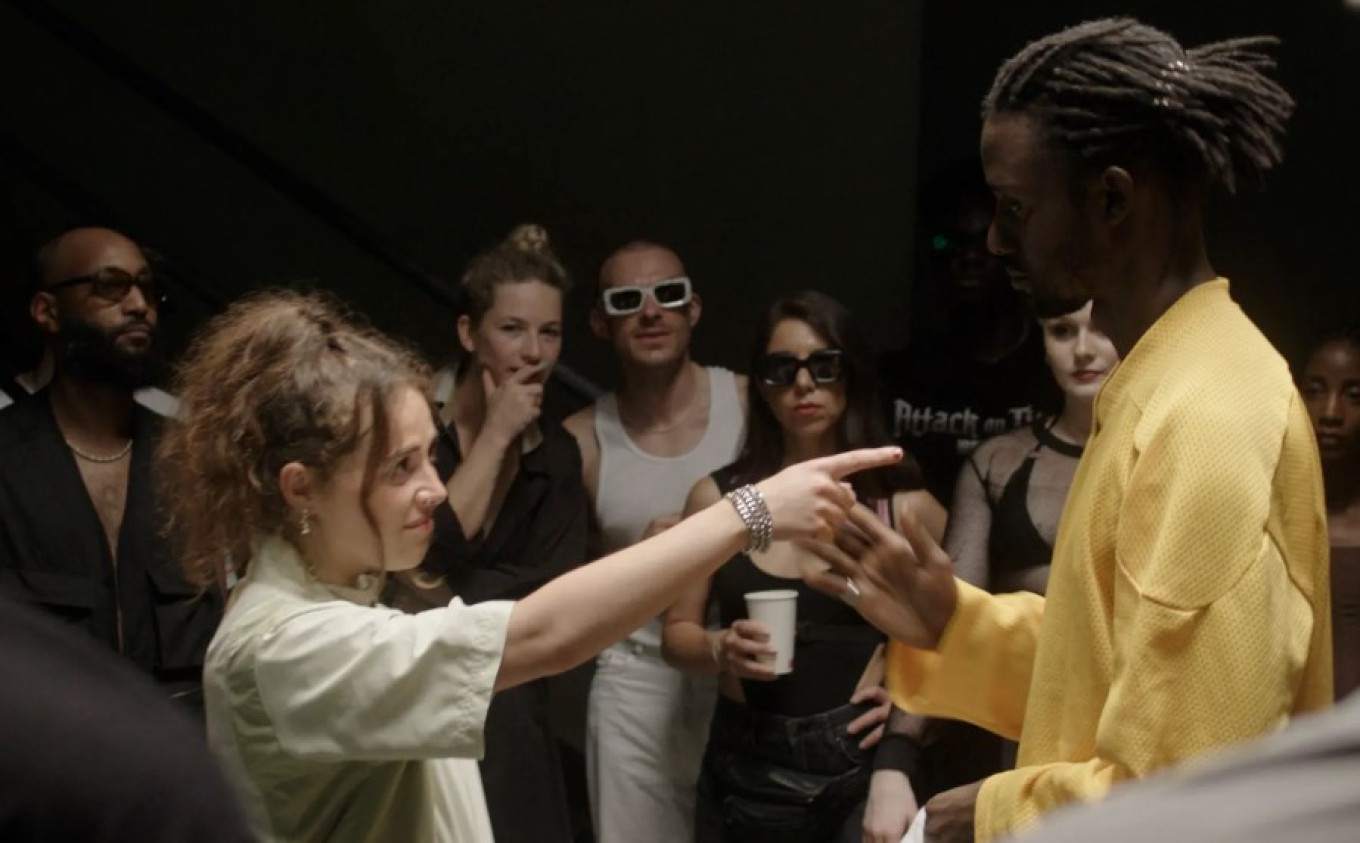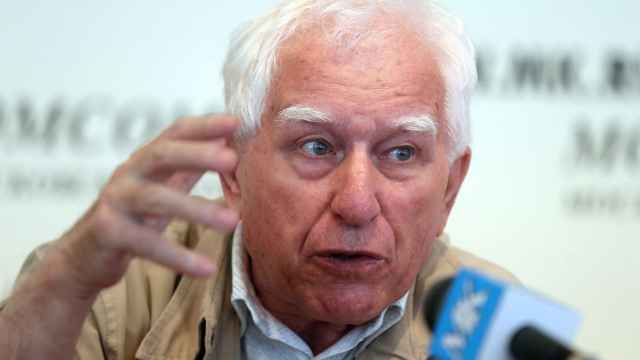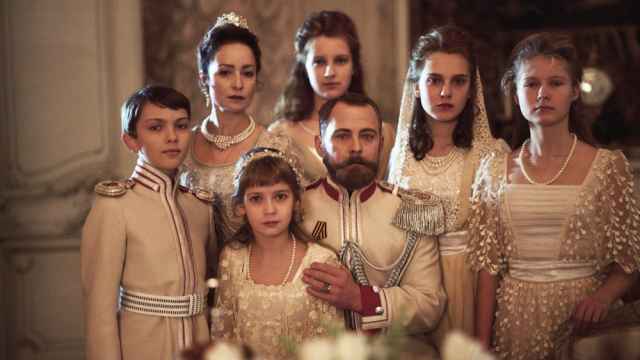Vanya is Alive
The play ‘Vanya is Alive,’ written by Natalia Lizorkina and translated and directed by Ivanka Polchenko, is back in London this and next weekend after a very successful run in Edinburgh at the Fringe Festival last summer and again in October.
Written immediately after Russia invaded Ukraine in 2022, the play follows Alya, the mother of a Russian conscript. Every day Alya receives messages confirming that her son has not been captured or killed. And every day she loses her grip on reality a bit more and eventually finds herself in jail.
The part of Alya and all the other characters is played by Nikolai Mulakov, a Ukrainian-born Russian whose family is still living on occupied territory.
In 2022 the play was performed in Russian in Berlin, Baku, Paris and Tel-Aviv. The July premiere in London was its first performance in English. The English “Vanya is Alive” received five-star reviews at the Fringe, and there are plans to perform in France, Germany, Italy and the US.
“Vanya is Alive” is playing at the Camden People’s Theater on January 21 and 28. At present the performances appear to be sold out, but contact the theater here to check on availability.

The Battle Over Mazepa
Head over to the Pushkin House to catch the last week of the show “The Battle Over Mazepa,” a moving image work by Ukrainian artist and filmmaker Mykola Ridnyi.
If you have forgotten the story: Ivan Mazepa was a Ukrainian military and political leader who was Hetman of the Zaporizhian Sich (administrative center) in the late 17th and early 18th centuries under Peter the Great. Mazepa had felt ill-used by the tsar for several years, but tensions came to a breaking point when the Polish King Stanisław Leszczyński, an ally of Charles XII of Sweden, threatened to attack the Cossack Hetmanate in 1708 and Peter the Great refused to come to the Cossacks’ aid. Mazepa considered this a violation of the Treaty of Pereyaslav and defected to the side of the Poles and Swedes. Peter the Great was victorious in the Battle of Poltava against Sweden. Mazepa fled the territory and died soon after.
The story of Mazepa became the fodder for writers all over the world, from Pyotr Tchaikovsky and Victor Hugo to Frans Liszt and Carlo Pedrotti. Most famously, in Lord Byron’s poem “Mazeppa” the Cossack leader was a romantic hero, while in Alexander Pushkin’s poem “Poltava,” he was a traitor. Both included improbable love stories.
Ridnyi took the idea of dueling images and brought it up to date, working with four rap singers to create contrasting versions of the story of Mazepa in their own words. Elie, Moh, Caxxianne and Exo, who come from different countries and traditions with different styles of hip-hop culture, weave the past with the present as they battle over their image of the hero.
Today, Friday January 19, you can come to Pushkin House or tune in online to hear Dan Hicks speak on "The Roots of Brutishness." Against the background of the imperial myth-making inspired by the historical Mazepa, he asks some of the key questions about the remnants of imperial cultures: What can we do with the complex legacies of imperial histories imprinted in the cities’ architecture, squares, cultural institutions and museums? What are we to do with the collections of the looted artefacts and dispossessed cultural heritage in the Global North?
Hicks is a Professor of Contemporary Archaeology at the University of Oxford, a Curator at the Pitt Rivers Museum, a Fellow of St Cross College, Oxford, and the author of many books and hundreds of articles. His book, “Every Monument Must Fall” will be released at the end of 2024.
For more information and to order tickets (to attend or participate online), see the Pushkin House site here.
A Message from The Moscow Times:
Dear readers,
We are facing unprecedented challenges. Russia's Prosecutor General's Office has designated The Moscow Times as an "undesirable" organization, criminalizing our work and putting our staff at risk of prosecution. This follows our earlier unjust labeling as a "foreign agent."
These actions are direct attempts to silence independent journalism in Russia. The authorities claim our work "discredits the decisions of the Russian leadership." We see things differently: we strive to provide accurate, unbiased reporting on Russia.
We, the journalists of The Moscow Times, refuse to be silenced. But to continue our work, we need your help.
Your support, no matter how small, makes a world of difference. If you can, please support us monthly starting from just $2. It's quick to set up, and every contribution makes a significant impact.
By supporting The Moscow Times, you're defending open, independent journalism in the face of repression. Thank you for standing with us.
Remind me later.







